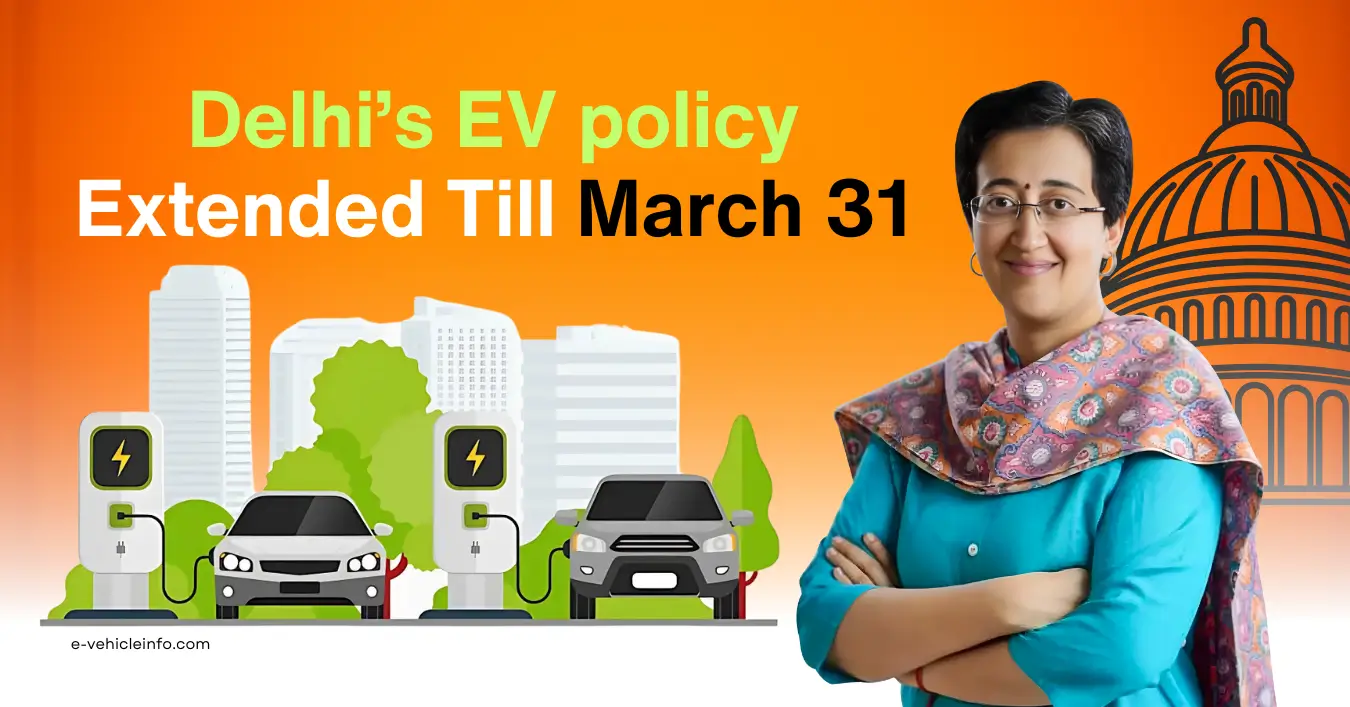
This initiative reflects the capital’s commitment to reducing air pollution and encouraging cleaner transportation options to make the city more sustainable.
Subsidies and Incentives for EV Buyers
The extended policy offers several financial benefits to EV buyers. A 25% subsidy up to Rs 5,500 is available for e-cycles, while e-rickshaws and e-carts qualify for Rs 30,000.
Electric two-wheelers receive Rs 5,000 per kWh of battery capacity, capped at Rs 30,000, and e-light commercial vehicles are also eligible for a Rs 30,000 incentive. These measures aim to make EVs more affordable for Delhi’s residents.
Support for Electric Cars
For electric cars, a purchase incentive of Rs 10,000 per kWh of battery capacity, up to Rs 1.5 lakh, was available for the first 1,000 vehicles sold.
Although this milestone was reached in August 2021, the government is expected to issue further notifications regarding subsidies for electric cars. This will provide clarity for new buyers and continue the push for cleaner passenger vehicles.
A Look Back at the Original Policy
The original EV policy, launched in August 2020 for a three-year duration, aimed to ensure that 25% of all vehicles in Delhi would be electric by 2024. Although this target policy expired, multiple extensions were granted while the Delhi Electric Vehicle Policy 2.0 is being finalized. The continuity highlights the government’s dedication to keeping the momentum in its EV adoption drive.
Rising EV Registrations in Delhi
Delhi has witnessed significant growth in EV adoption, with 73,610 of the 6,57,312 vehicles registered last year being electric. This increase highlights the impact of incentives and policy measures in encouraging residents to switch to greener modes of transportation.
The extended policy is expected to further boost these numbers, contributing to the city’s environmental goals.